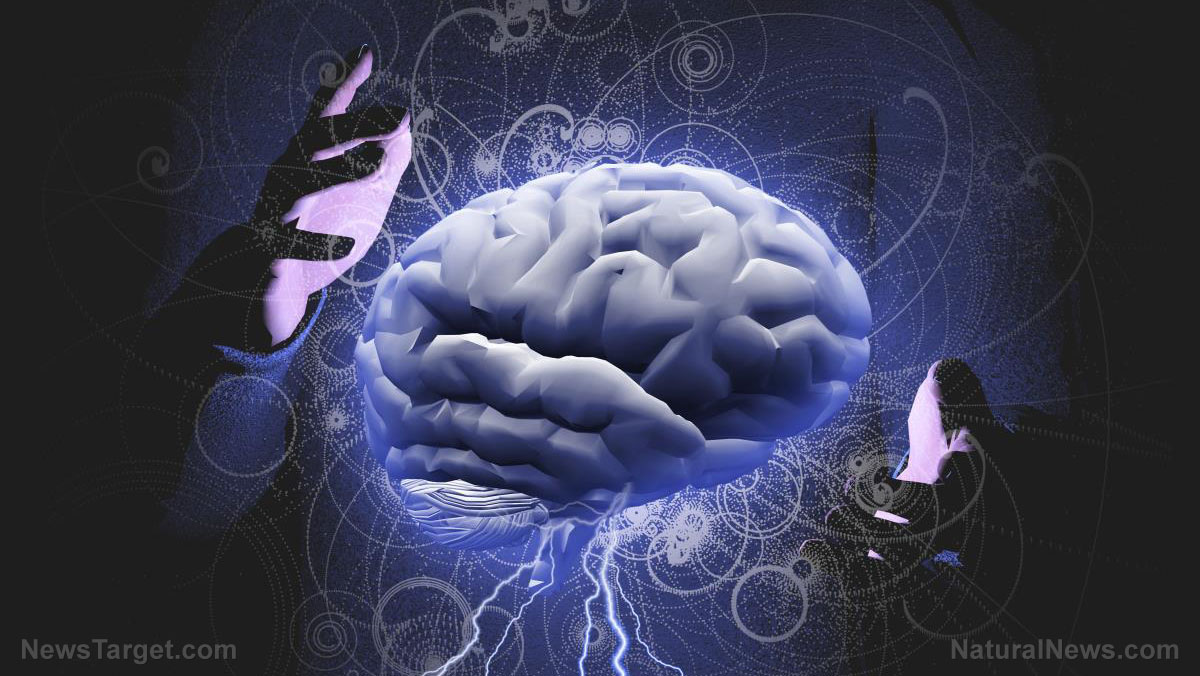What do sewing and photography have in common? They’re exercise for your brain, which is key to aging well mentally
09/12/2018 / By Michelle Simmons

Mentally challenging exercises, such as quilting and photography, can help prevent cognitive decline as you age. A team of researchers at the University of Texas at Dallas are suggesting that tasks that include continuous mental effort and challenge enhance cognitive function.
For the study, the researchers differentiated the changes in brain activity in 39 older adults that were caused by the performance of high-challenge activities that needed new learning and sustained mental effort in comparison to low-challenge activities that did not demand active learning. The subjects all went through a battery of cognitive tests and brain scans with the use of functional magnetic resonance imaging (fMRI), a MRI technology that can measure brain activity by identifying changes linked to the flow of blood.
Then, the researchers randomly appointed the participants to the high-challenge, low-challenge, or placebo groups. The high-challenge group learned progressively more difficult skills in digital photography, quilting, or a combination of both for not longer than 15 hours a week for 14 weeks. Meanwhile, the low-challenge group spent 15 hours a week to socialize and engage in activities involving subjects such as travel and cooking with no active learning component. Lastly, the placebo group participated in low-demand cognitive activities such as listening to music, playing simple games, or watching classic movies. All subjects were tested before and after a period of 14 weeks and a subset was re-examined after a year.
The results revealed that the high-challenge group showed improved memory performance after the activities and an enhanced ability to modulate brain activity more effectively to challenging judgments of word meaning in different regions of the brain. These brain regions, including the medial frontal, lateral temporal, and parietal cortex, play a role in attention and semantic processing. Moreover, some of the increased brain activity was retained after a year. The increased brain efficiency in judging words was observed in participants who showed lowered brain activity when word judgments were easy and increasing activity when they become difficult. This is a pattern of response typical of young adults.
The findings of the study also revealed that before the activities, the older adults were analyzing both easy and difficult items with maximum brain activity. However, after participating in the high-challenge activity, researchers saw that the older adults used only areas of the brain needed to perform the task, which indicated a more efficient use of neural resources.
In conclusion, the study suggest that activities that demand challenge may be neuroprotective and an essential factor in maintaining a healthy brain into late adulthood.
“The present findings provide some of the first experimental evidence that mentally-challenging leisure activities can actually change brain function and that it is possible that such interventions can restore levels of brain activity to a more youth-like state,” explained Denise C. Park, senior author of the study.
Park said that they would like to carry out more extensive studies to identify the generality of this influence and comprehend who will gain the most from such mediation.
“The study clearly illustrates that the enhanced neural efficiency was a direct consequence of participation in a demanding learning environment. The findings superficially confirm the familiar adage regarding cognitive aging of ‘Use it or lose it,’” said Ian McDonough, lead author of the study.
Park and her team believe that age-related cognitive declines can be halted or partially restored if individuals continue to perform mentally challenging experiences.
Aside from mentally-challenging activities, there are other methods that can help prevent cognitive decline, according to an article by the B1BWealthSolutions.com. These include staying physically active, having a nutritious diet, having a good night’s sleep, keeping in touch with family and friends and socializing, and visiting your doctor. (Related: Green, leafy veggies slow age-related cognitive decline, making brains 11 years younger.)
Find out more information on how to age healthily at Longevity.news.
Sources include:
Submit a correction >>
Tagged Under:
aging, brain exercises, brain health, cognition, cognitive health, crafts, elderly, longevity, mental health, mind body science, mind challenging games, older adults, photography, photos, pictures, prevention, sewing
This article may contain statements that reflect the opinion of the author
RECENT NEWS & ARTICLES
COPYRIGHT © 2017 BRAIN NEWS





















